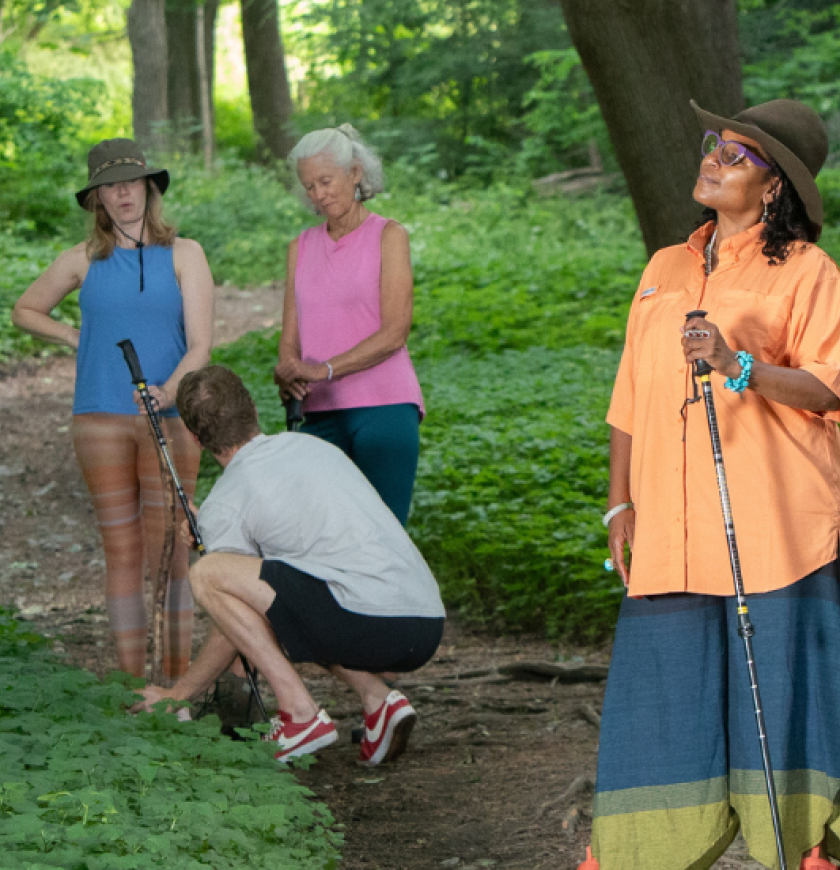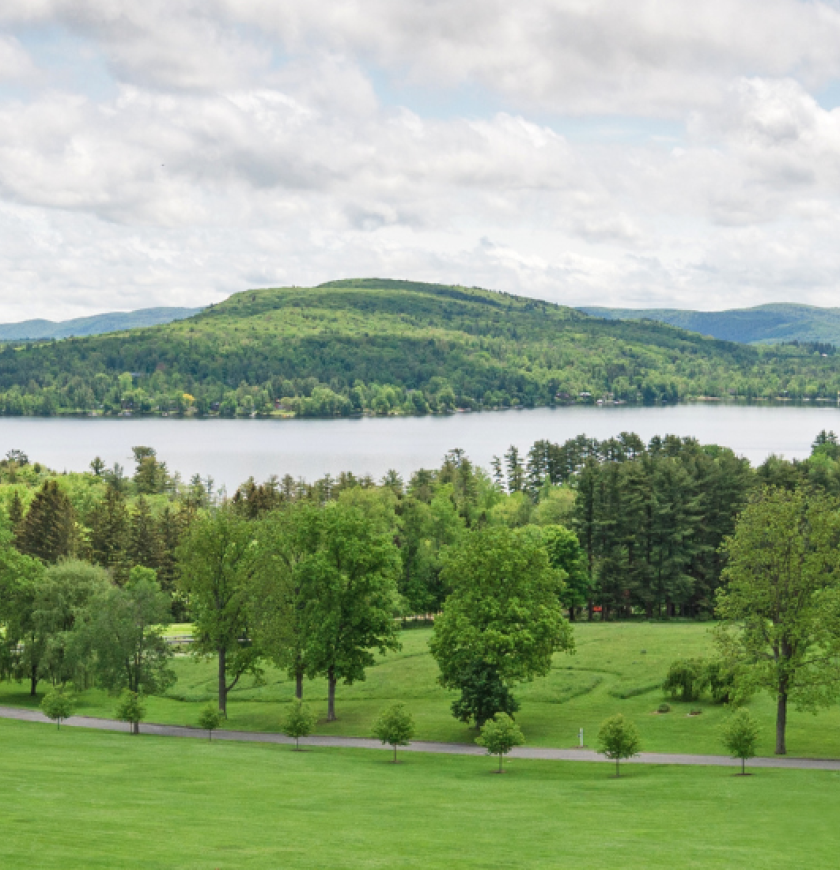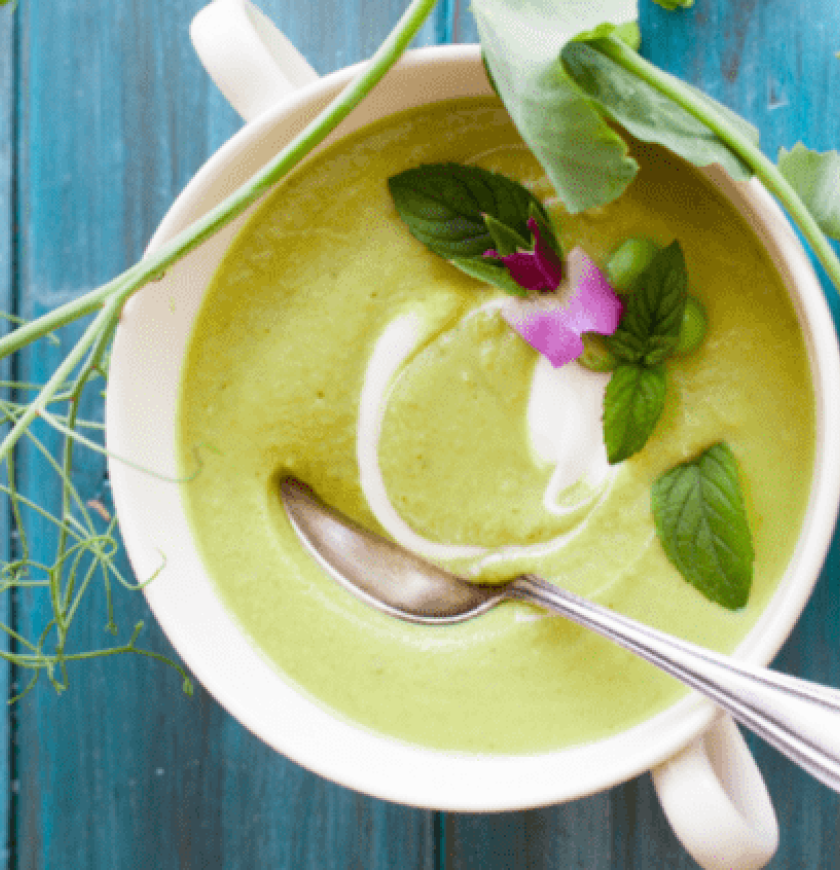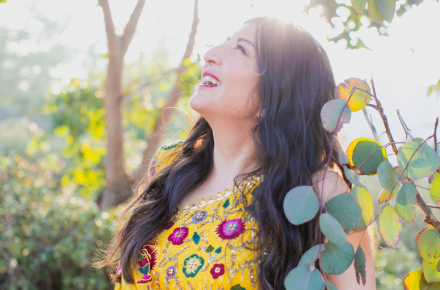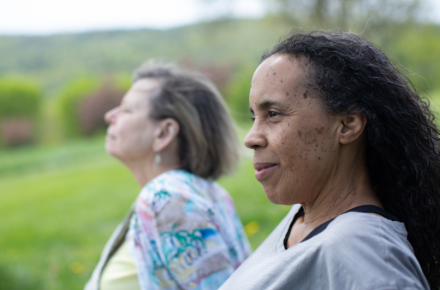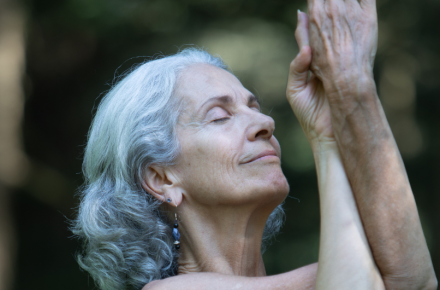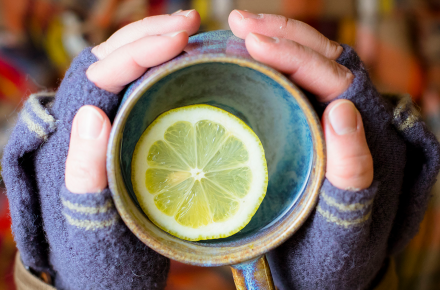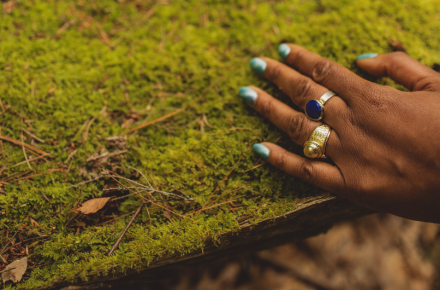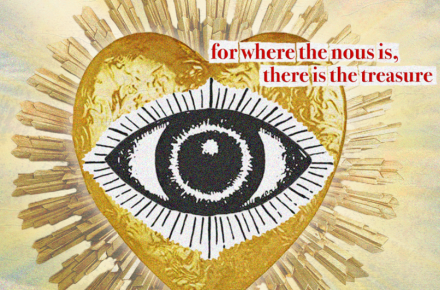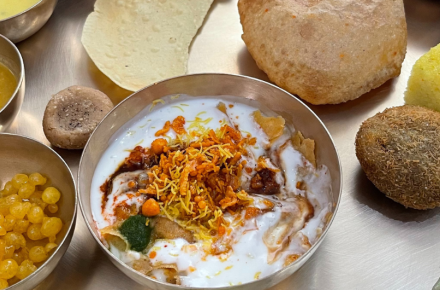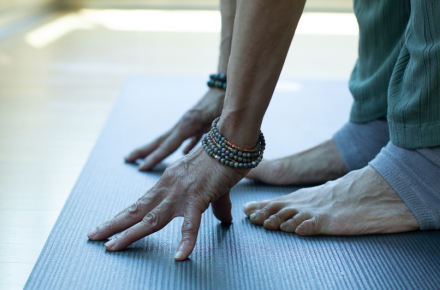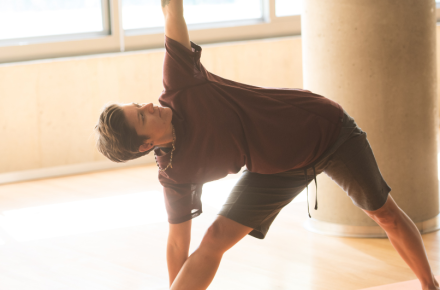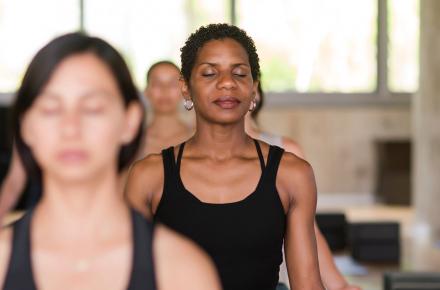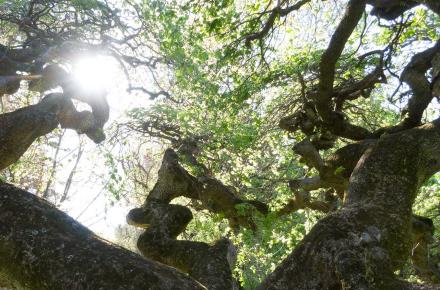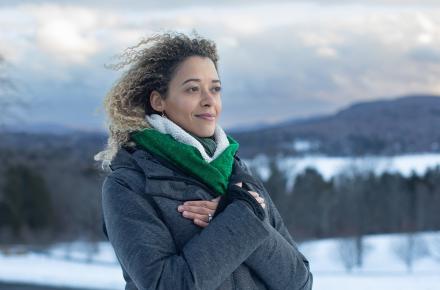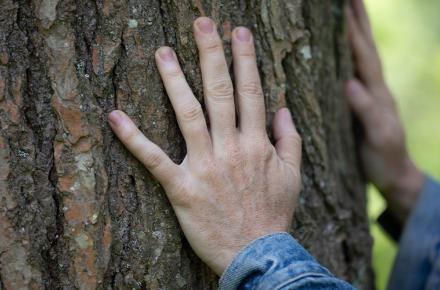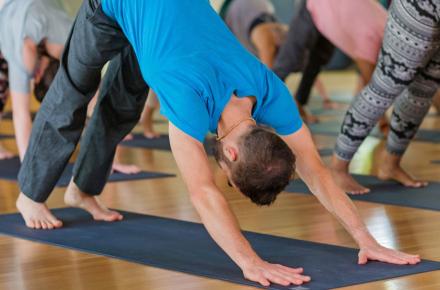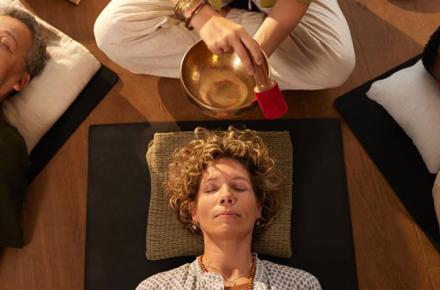What We Perceive Equals What We Know: The Value of Refined Perception

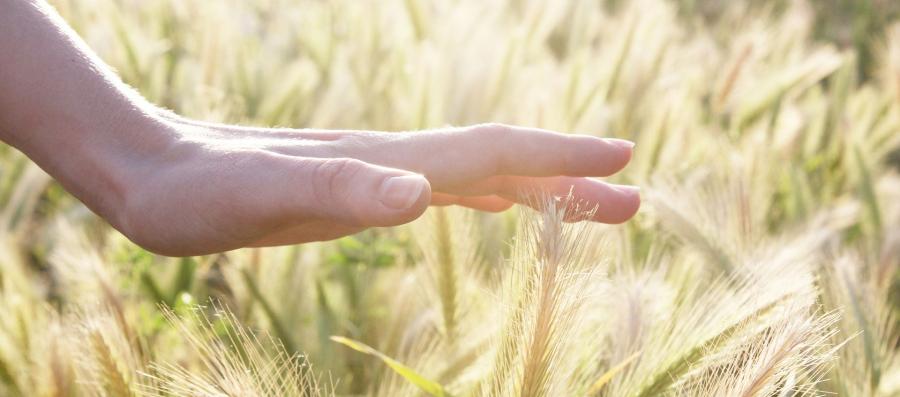
In Ayurveda, the actions in a healthy daily routine—dinacharya—are heavily weighted towards the morning and, among other things, involve giving attention to each of the five sense organs—the nostrils, the tongue, the eyes, the ears and the skin. There are mysterious and terribly interesting reasons why these things are so. For starters, from a certain perspective, what we perceive through our senses adds up to what we know. Therefore, it behooves us to both cleanse our sense organs and refine our abilities to sense.
When we consider refining the sense of vision, for example, we can consider improving the health of the eyes with Ayurvedic drops, washes, salves, and with certain exercises. All those remedies can be very useful—but we can also consider how to refine our subtle ability to see, in interesting ways. And we can see that how we see influences the effects we have on others, including people, plants, animals, the world in general.
A few years ago, I was in Costa Rica. Here are just a few of many possible examples of refined visual ability—at least in that neighborhood of the world:
- If you want to find bats, don’t look for bats. Look for bits of big tropical leaves that have been bent down in a certain configuration. The bats bend the leaves to create their hidden house. If you look for bats, you won’t find them. If you look for the de(re?)formed leaf structures, you will. Or you will be more likely to.
- If you want to find monkeys, don’t look for monkeys. Look for falling leaves or listen for rustling leaves and branches in the tree canopy. If you look for monkeys, you may not find them. If you look for falling leaves and listen for rustling branches, you will probably have better success.
- If you want to find ants, look for acacia trees, etc. etc. etc.
In Costa Rica, guided nature tours are common affairs. Walk through Manuel Antonio Park, for example, and it is common to see groups of people gathered around a guide’s monster telephoto lens—trained on some large or small flora or fauna specimen that nobody but the guide spotted. It could be a tiny insect on a leaf 10 yards away crowded by tropical, gaudy foliage. Or a large sloth a couple stories up, (what else) sleeping. More than once, I heard someone exclaim something along the lines of, “How can you see that? I wouldn’t see that in a hundred years!”
How indeed. These guides have spent years learning what to search for and how to find what they want to see. They’ve spent years in this environment. Millennia evolving to pay attention to crawling things. They’ve received tips from elders and guides before them. It has become ordinary for them to see the tiny insect amongst the lush and concealing tropical foliage. But their ordinary is our extraordinary.
We train—consciously or unconsciously—for what we look for and what we see. What we look for and see shapes our experience. If—and I would say this is a truism in Eastern thought—our prana (life force) follows our focus or attention, then we feed what we focus on. We nourish what we see. Or even look for. And so what we look for and see also influences what we look at.
The guides looking for bugs and other natural specimens are feeding them. How? The tourism industry in Costa Rica is booming because people like looking for—and seeing—these specimens. Their appreciation and attention is protecting these specimens. Costa Rica has something like 26 percent of their land in preservation. We nourish that upon which we focus, whether it is bugs, sloths, fear, goodness, or whatever.
Like the guides with the bugs and sloths, we nourish what we look for in our relationships. If we look for the bad, we feed it. If we look for the good in our patients—or parents, children, partners, friends, colleagues, doctors, acquaintances and enemies for that matter—we feed that good. Alex Haley said, “Find the good and praise it!” When we train our attention on the good, it changes, protects, and nourishes the good, and the host of the good.
This might not be easy. Like it’s not easy to see the tiny insect engulfed in flora. A person’s disease or disposition might be screaming anything but goodness. But it’s got to be in there and it might be for the highest good of all of us, to look for it.
There are many examples and ways that refining our sensory abilities help us see reality more clearly, improve our health, and improve our relationships. It is not an accident that Ayurveda places great emphasis on sensory health in healthy daily routines.
Find out about upcoming programs with Claudia Welch at Kripalu.
© Kripalu Center for Yoga & Health. All rights reserved. To request permission to reprint, please email editor@kripalu.org.

